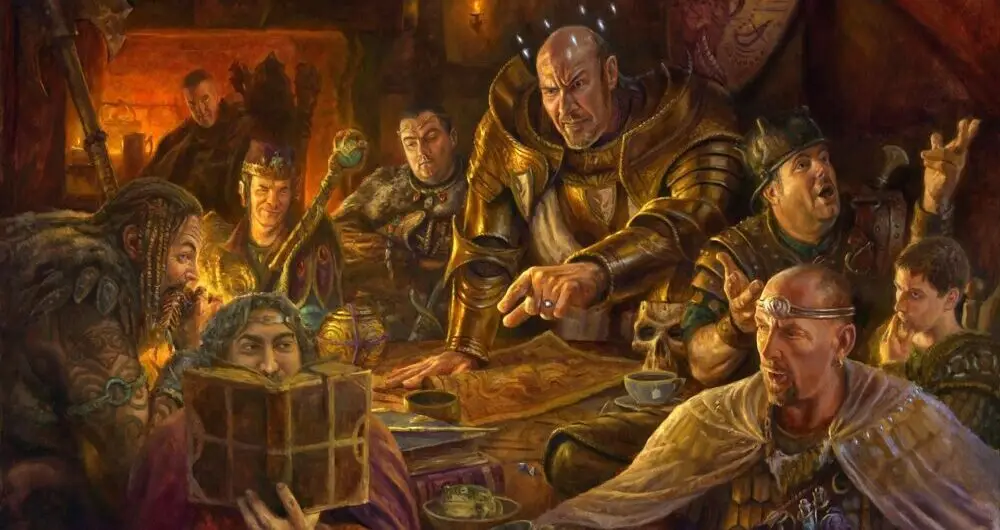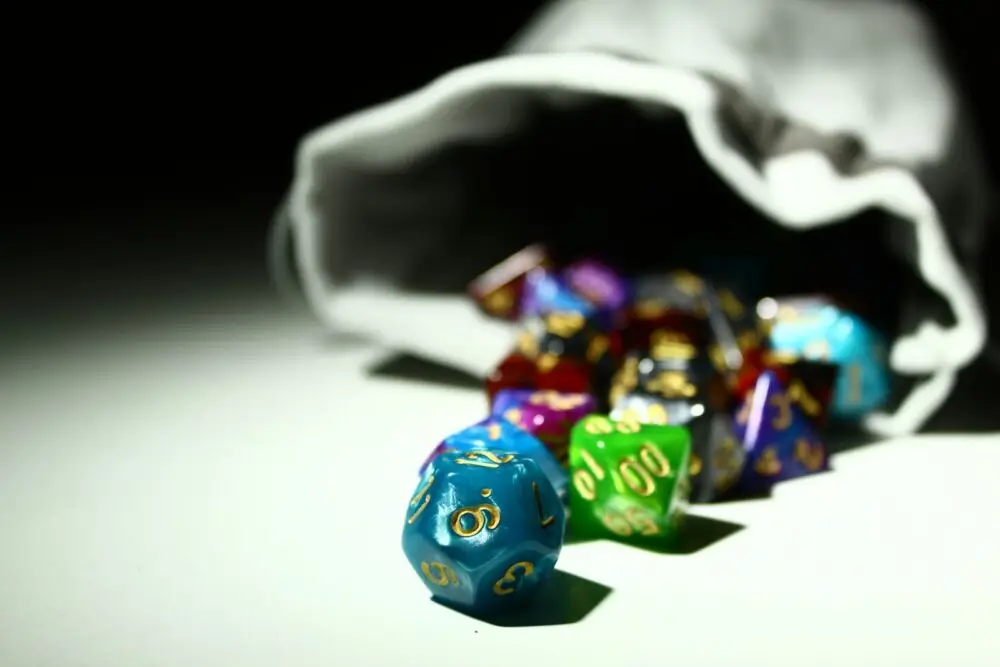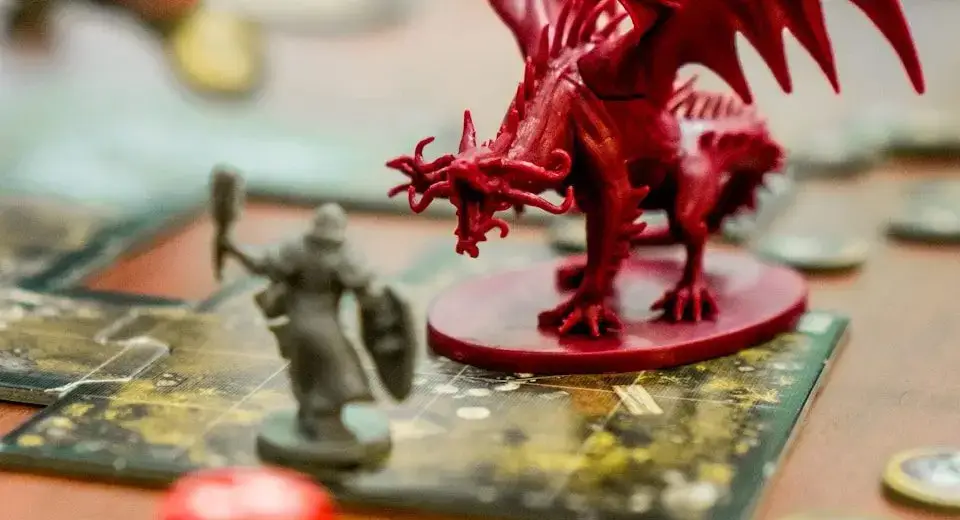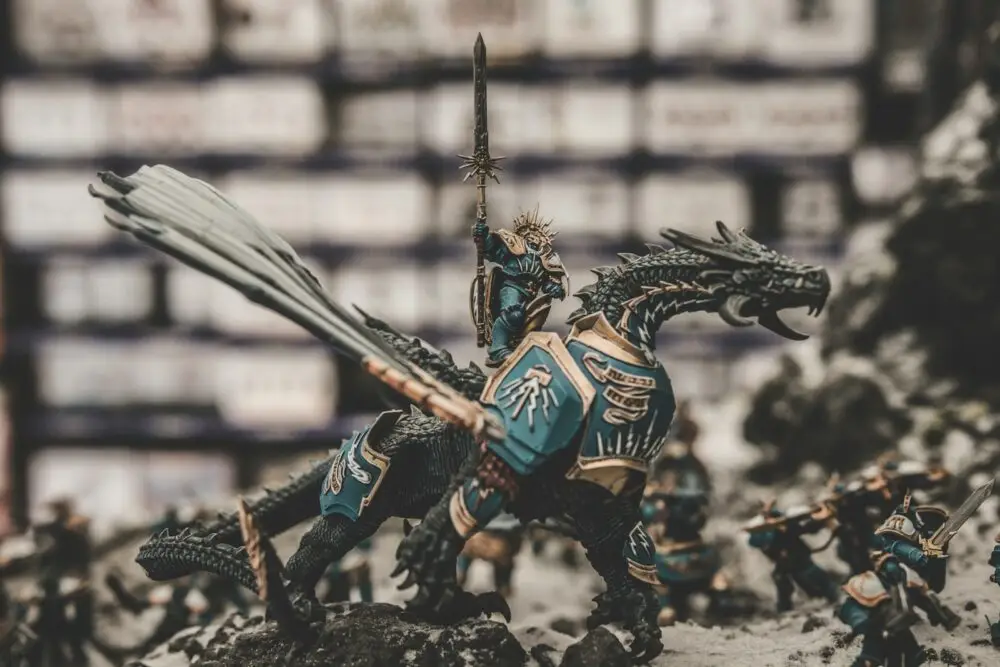
Utah Family Therapy's Weekly Dungeons & Dragons Therapy Group: A Unique Approach to Mental Health
UFT hosts a weekly two-hour Dungeons and Dragons Therapy Group (D&D Therapy Group) .
Utah Family Therapy (UFT) has always been at the forefront of innovative and effective mental health treatments, but its latest initiative has taken therapy to an exciting new level.
This group blends the imaginative world of tabletop role-playing games with therapeutic techniques to foster personal growth, social skills, and emotional healing.
Table of Contents
What is DND?
D&D, or Dungeons and Dragons, is a tabletop role-playing game (TTRPG) where each player creates and plays as a character.
With multiple classes and species to pick from to play, each character is a unique creation.
Each player brings their own quirks and perspective as well, creating a party of wildly different parts that can work together as a hilarious, serious, or outright insane whole.
The game levels the players up as they go through the story created by the Dungeon Master.
Great, how does it help me in therapy? And I won’t I be a nerd?
To answer the second question first, yes you will be. Embrace it, it’s a party.
D&D has more and more research backing it as a helpful and useful model of therapeutic intervention.
It helps players externalize what is going on and can help them solve emotional problems, build coping skills, and social skills.
Therapeutic models can be applied to the D&D game that help each person in the group achieve goals they set at the beginning of treatment.
How do I sign up and what is the commitment?
Call Utah Family Therapy at 801-901-0279 and get on the Dungeons and Dragons group therapy list.
Each group requires a minimum of four players to start and maxes out at six players.
Commitment is a minimum of 12 weeks, meeting once a week for two hours.
How much is it?
Insurance will cover ONE hour of group.
To that end, group can be paid for two different ways.
Insurance covers the first group hour and then the client (you) pays $30 for the second hour.
Or the client (you) can pay $60 for two hours of therapy.
Depending on insurance, one option may be cheaper.
What ages is it for?
All of them!
At Utah Family Therapy the groups that are offered are:
- Teen (13-17)
- Young Adult (18-30)
- Adult (30+).

The Power of Role-Playing Games in Therapy
Role-playing games (RPGs) like D&D have long been celebrated for their ability to bring people together and encourage teamwork, creativity, and problem-solving.
These games offer a unique opportunity for participants to step into different roles, explore various aspects of their personalities, and confront challenges in a safe and controlled environment.
For UFT, integrating D&D Therapy into its therapeutic offerings was a natural progression, leveraging the game’s inherent benefits to enhance traditional therapy methods.
Creating a Safe and Supportive Space
One critical element of UFT’s Dungeons and Dragons Therapy Group is creating a safe and supportive space for participants.
Each session is guided by a trained therapist with expertise in narrative therapy, who serves as the Dungeon Master (DM).
The DM’s role is crucial. They direct the game and facilitate therapeutic interventions, ensuring the sessions focus on the participants’ therapeutic goals.

The group typically consists of 8-10 players; each session lasts two hours.
The therapy group meets weekly.
The group environment fosters community and belonging, which is particularly beneficial for individuals struggling with social anxiety, depression, isolation, or difficulty forming connections.
Participating in a shared adventure allows group members to develop trust and camaraderie, making it easier to open up and engage in meaningful discussions.
Enhancing Social Skills and Communication

D&D is inherently social, requiring players to communicate, collaborate, and negotiate with one another to achieve their objectives.
This aspect of the game is invaluable in a therapeutic context, as it helps participants practice and improve their social skills in a structured yet flexible setting.
During the sessions, players must discuss strategies, make collective decisions, and role-play interactions between their characters.
This process encourages active listening, empathy, and assertiveness—skills that can be transferred to real-life social situations.
For individuals with social anxiety or communication difficulties, these sessions offer a practical and engaging way to develop and refine these essential skills.
Exploring Identity and Self-Expression
D&D allows players to create and embody characters that may differ significantly from their real-life selves.
This creative process can be incredibly liberating, allowing participants to explore different facets of their identity and experiment with new ways of thinking and behaving.

For example, a shy and reserved individual might play a bold and outspoken character, giving them a safe space to practice assertiveness and confidence.
Alternatively, someone who struggles with aggression might create a character known for their diplomacy and problem-solving skills, allowing them to explore and develop these traits in a supportive environment.
Through their characters, participants can also confront and work through personal issues in a metaphorical context.
The challenges and conflicts encountered in the game often mirror real-life struggles, providing opportunities for insight and growth.
Building Resilience and Coping Skills
D&D’s fantasy setting offers a unique platform for addressing real-life challenges and developing coping skills.
The game’s narrative structure involves overcoming obstacles, facing fears, and dealing with setbacks—experiences that can translate into valuable life lessons.
In the therapy group, the DM can tailor the game scenarios to address specific therapeutic goals, such as building resilience, managing stress, or improving problem-solving abilities.
By guiding participants through these scenarios, the therapist helps them develop and practice coping strategies they can apply outside the game.
Fostering Creativity and Imagination
Creativity and imagination are central to D&D, as players must envision the game world, develop their characters, and create narratives.
This creative engagement is beneficial for mental health, offering an outlet for self-expression and a break from the pressures of everyday life.
For individuals dealing with anxiety, depression, or trauma, engaging in imaginative play can provide relief and a sense of empowerment.
It allows them to take control of their story, make choices, and see the impact of their actions in a way that is often difficult to achieve in real life.

Testimonials and Success Stories
The response to D&D therapy groups has been overwhelmingly positive.
Participants have reported significant improvements in their social skills, self-confidence, and overall mental well-being.
For many, the groups have become a highlight of their week, providing a much-needed escape and a source of support and connection.
One participant, in D&D Therapy, Sarah, shared her experience:
“I was hesitant at first, but joining the D&D therapy group has been one of the best decisions I’ve ever made. It’s helped me come out of my shell and connect with others in a way I never thought possible. Plus, it’s just so much fun!”
Another participant, James, highlighted the therapeutic benefits:
“Playing D&D has allowed me to explore different parts of myself and work through some of my issues in a really unique way. It’s been a game-changer for me, both in and out of therapy.”
Conclusion
Utah Family Therapy’s weekly Dungeons & Dragons therapy group is a shining example of how innovative approaches can enhance traditional mental health treatments.
By combining the engaging and collaborative nature of D&D with therapeutic techniques, UFT has created a dynamic and effective tool for personal growth and healing.
For those seeking a unique and enjoyable way to improve their mental health, UFT’s D&D therapy group offers a compelling option.
The therapy group costs $60/week, which insurance may cover.
It’s not just a game—it’s a transformative journey that fosters connection, creativity, and resilience, proving that sometimes, the best way to heal is to embark on an adventure.
Other anxiety therapy group options.